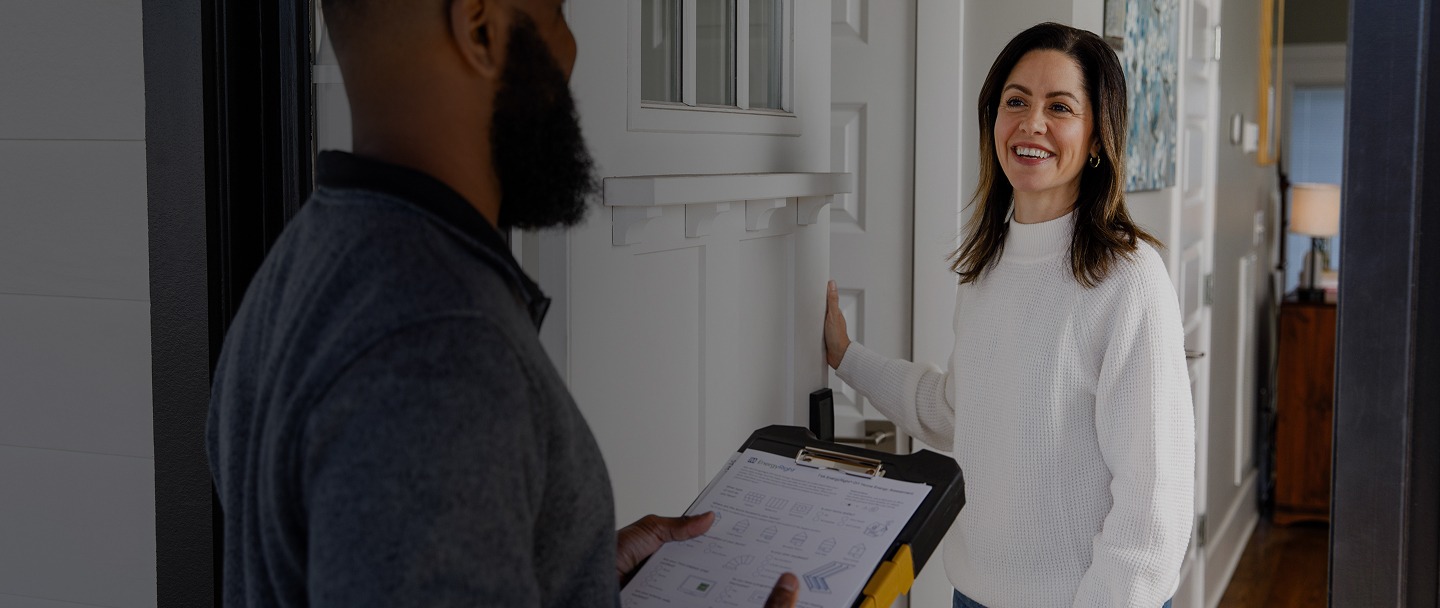8 reasons why seasonal residential HVAC maintenance is a good idea.

It seems like only yesterday we were sharing tips and suggestions for preventing an AC emergency. (Spoiler alert: spring AC tune-ups are also a great way to keep your system in peak cooling form). We know you’re enjoying a break from the heat but before you know it, it’s going to be time to break into the heating season.
It’s just as important to take care of your heating system as it is to take care of your AC. If it’s not already on your fall to-do list, now’s the time to perform — or schedule! — a routine residential HVAC maintenance service for your furnace or heat pump.
Need a nudge in the right direction? Here are 8 reasons why seasonal HVAC system tune-ups are a smart move.
#1 — Avoid costly emergency calls.
October is the perfect time to make sure your heating system is in tip-top shape before the first frost knocks on your door. Licensed and insured heating and cooling contractors not only clean your system, but they’ll also make sure it’s in good working order. Preventive care can help you avoid costly emergency calls in the heart of winter.
It’s worth noting that a professional tune-up typically includes cleaning evaporation and condenser coils, checking refrigerant levels, blower adjustments, plus an examination of electrical connections and wiring, thermostat calibration, part lubrication, safety inspection, burner assembly (for combustion systems) inspection, defrost cycle and reversing valve (for electric heat pumps) inspection, and system airflow and efficiency measurements.
Not sure who to call for your tune-up? Check out our Quality Contractor Network to search for TVA-vetted HVAC pros in your area.
#2 — Improve energy efficiency.
Heating systems that aren’t properly maintained can be less efficient and may be driving up your energy bills. During a routine residential HVAC maintenance call, technicians inspect, clean and optimize your system to make sure it’s running as efficiently as possible. It’s better for the environment and it’s better for your wallet.
#3 — Enhance indoor air quality.
Typically, fall maintenance includes checking and changing air filters. Clean air filters help your system run more efficiently and they can help keep dust, allergens and other particles from circulating around your home, leading to a healthier indoor environment.
Changing the air filter inside your home frequently is an easy way to help your system and improve indoor air quality. Plus, it’s easy to do it yourself! If you’re not sure how to do it, ask your contractor, they’ll be happy to show you what you need to do. For more tips on improving your indoor air quality, check out this article. Or, you can take a quick peek at our DIY videos for a quick how-to.
#4 — Extend the lifespan of your heating system.
Regular maintenance is a great opportunity to identify small concerns before they become major emergency problems. Tune-ups can minimize the likelihood of costly emergency service calls and help ensure that your system keeps you warm when you need it. When your system is running efficiently and smoothly, it’ll last longer, too.
#5 — Ensure safety.
Heating systems, especially older models, can pose health and safety risks. Fall residential HVAC maintenance is a great opportunity for your heating and cooling experts to look for leaks or check electrical connections, inspect heat exchangers and make sure that all safety mechanisms are working properly.
#6 — Take advantage of our rebates.
If you have an electric heat pump, you may be eligible for a $50 rebate from TVA EnergyRight and your local power company.
#7 — Peace of mind.
If your heating and cooling equipment is more than 10 years old, and your utility bills are going up, a professional inspection is the way to go. Get advice you can trust from a member of the Quality Contractor Network. If it is time to consider a new system, be sure to ask your contractor about our HVAC rebates! For more information on whether or not it’s time to replace your home’s HVAC system, check out this guide from ENERGY STAR.
#8 — Save money.
Heating system tune-ups are the perfect example of spending money to save more money. Avoiding emergency service calls, improving energy efficiency and prolonging the functional lifespan of your heating system are all great ways to save money. When you add a $50 rebate into the mix, the savings are even sweeter. Plus, the peace of mind is priceless.
Looking for more free and easy fixes to keep your home warmer for less? This blog has you covered.



